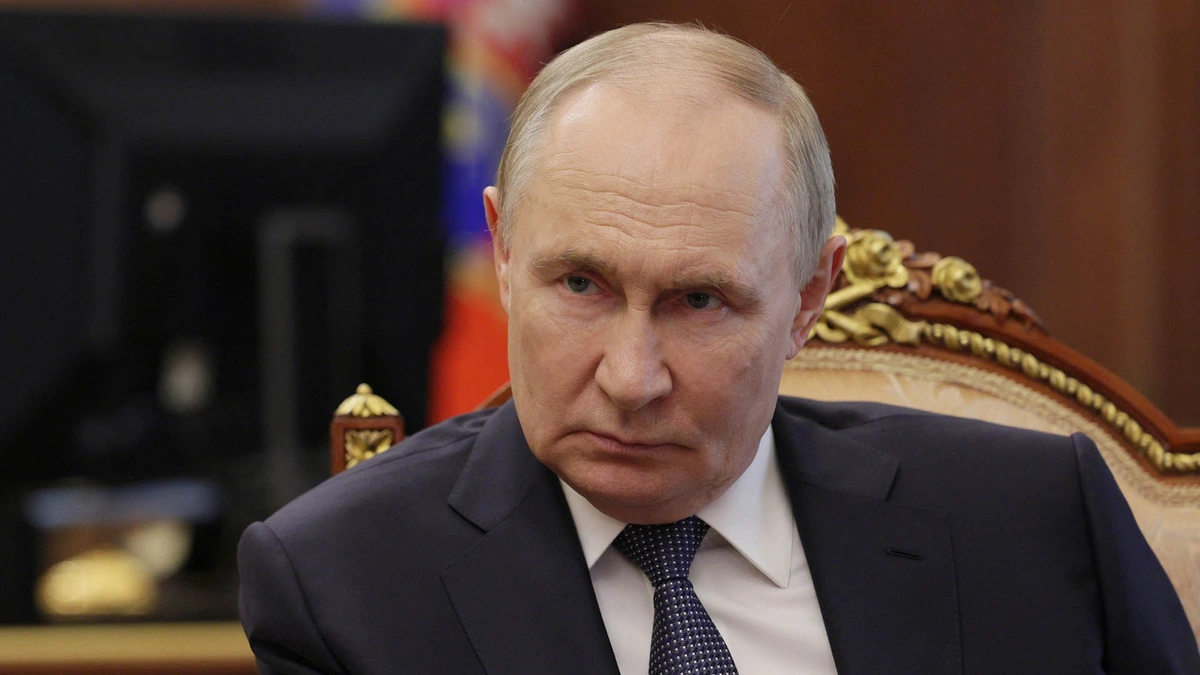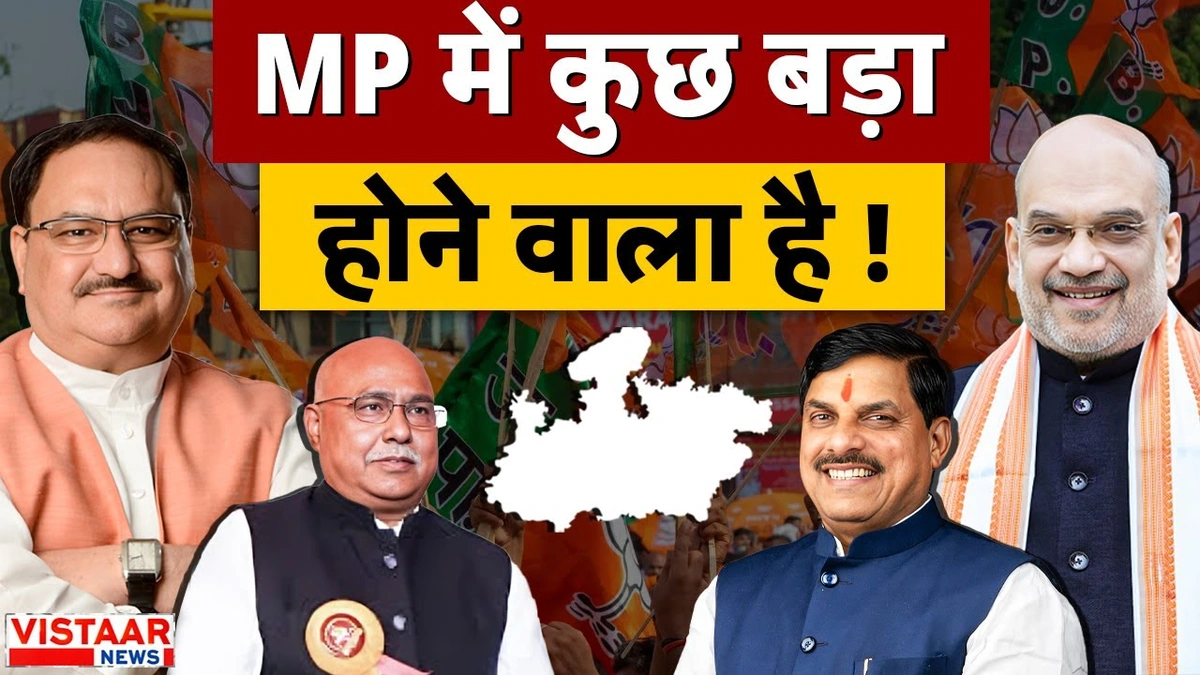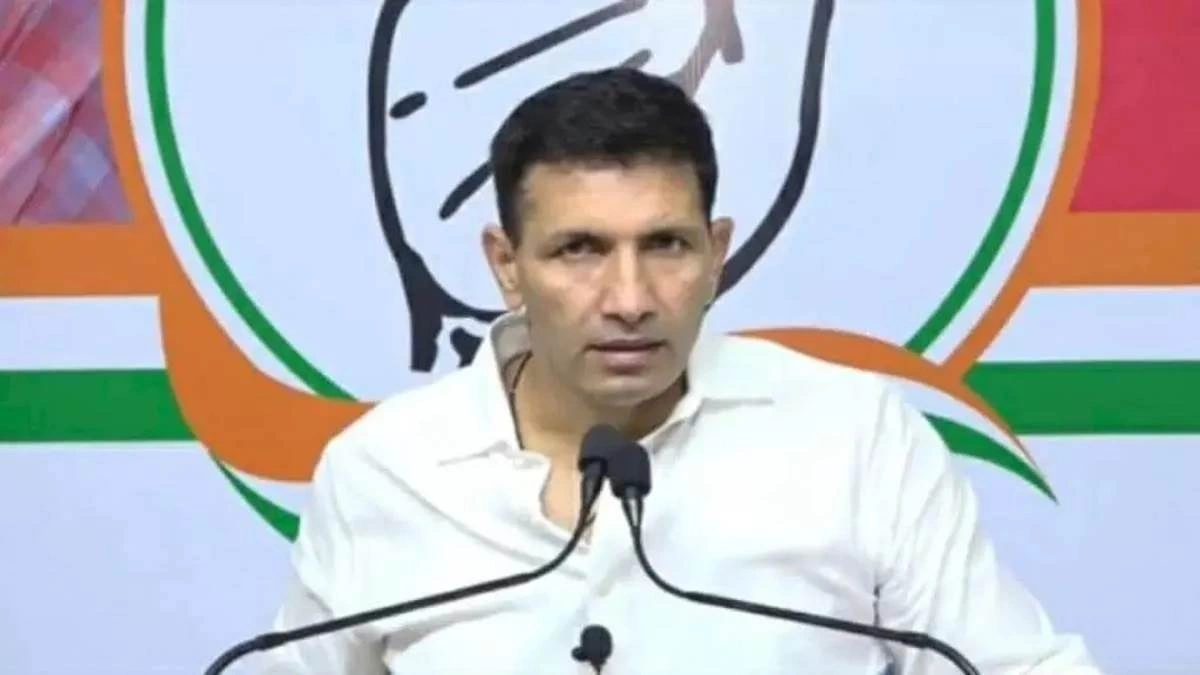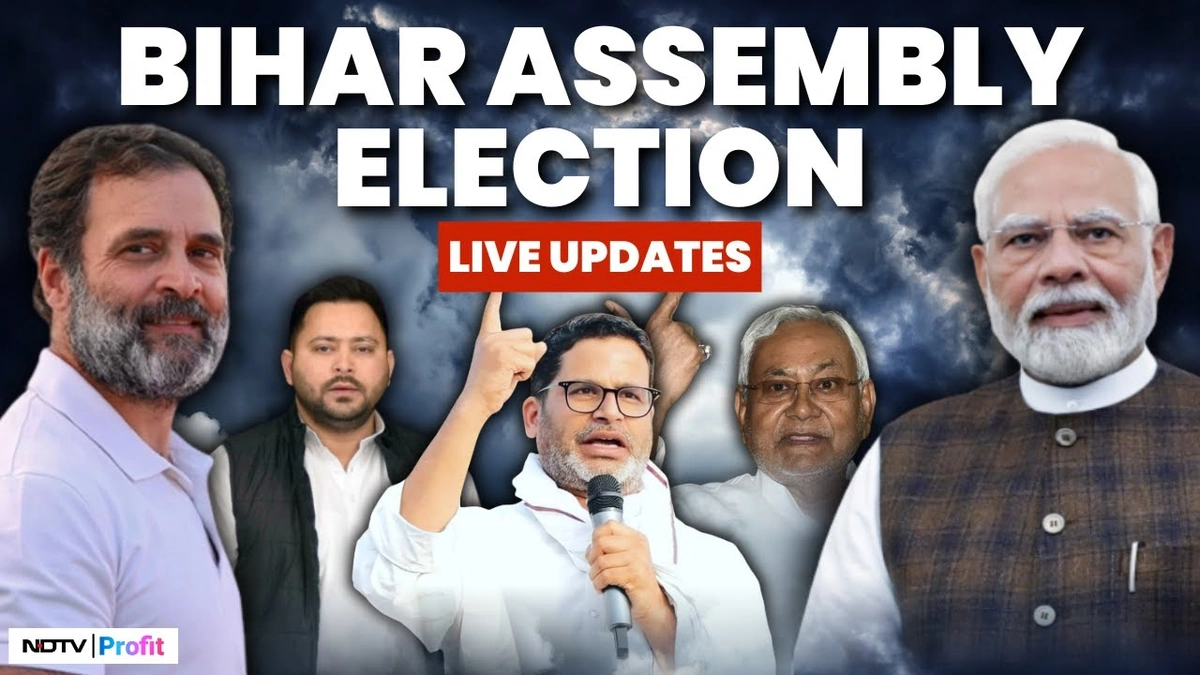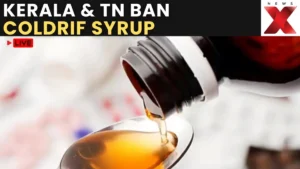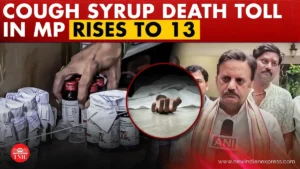Decoding Vladimir Putin | More Than Just Headlines
Vladimir Putin . The name conjures images of a strongman, global chessboard maneuvering, and… well, a lot of mystery. But what really makes him tick? What’s the method to the madness? That’s what I’ve been digging into, and let me tell you, it’s far more nuanced than the typical news cycle portrays. It’s not just about reporting what he’s doing, but understanding why he’s doing it – and that’s where things get really interesting.
The Geopolitical Chessboard | Why Putin Plays the Long Game
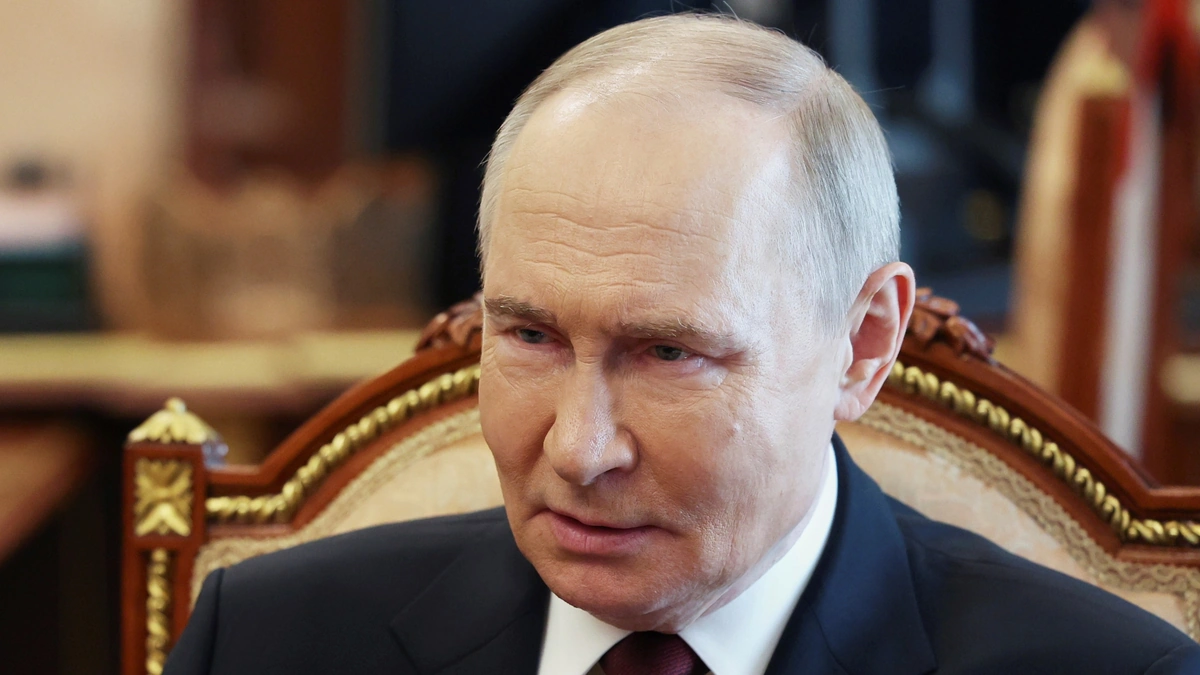
Here’s the thing: Putin’s actions aren’t impulsive. They’re calculated moves in a decades-long geopolitical chess game. Think about it. The collapse of the Soviet Union left a deep scar on Russia, a wound of lost prestige and influence. Putin’s been on a mission to bandage that wound, piece by piece, restoring Russia to a position of global power. And how does he do it? By exploiting weaknesses, forging alliances where others see none, and always, always thinking ten steps ahead. This often involves leveraging Russia’s natural resources, particularly its role as a major energy provider, to exert influence over Europe. It’s a strategy of economic leverage combined with military posturing, a delicate dance that keeps the West guessing.
Consider, for instance, Russia’s involvement in Syria. It wasn’t just about supporting Assad; it was about establishing a foothold in the Middle East, projecting power far beyond Russia’s borders. Or the annexation of Crimea. A controversial move, no doubt, but one that secured Russia’s naval access to the Black Sea. These aren’t isolated incidents; they’re pieces of a larger puzzle. The narrative being carefully crafted within Russia paints Putin as a defender of national interests, a strong leader in a chaotic world. This image resonates deeply with many Russians, solidifying his domestic support.
The ‘Near Abroad’ Doctrine | Russia’s Sphere of Influence
One phrase you’ll hear a lot when analyzing Putin’s foreign policy is the “Near Abroad.” What’s that all about? Essentially, it refers to the countries that were formerly part of the Soviet Union. Putin views these nations as being within Russia’s sphere of influence, a kind of backyard that no one else should meddle in. This doctrine explains Russia’s interventions in Georgia, Ukraine, and other former Soviet republics. It’s about maintaining control and preventing these countries from drifting too far into the Western orbit – specifically, into NATO. As explored on this page , understanding regional power dynamics is crucial.
But here’s the rub: this doctrine clashes directly with the West’s view of national sovereignty and the right of countries to choose their own alliances. It’s a fundamental disagreement that fuels much of the tension between Russia and the West. And it’s not just about military might. Russia also uses economic pressure, cyber warfare, and disinformation campaigns to influence events in the Near Abroad, keeping these countries firmly within its grasp. The concept of Russian foreign policy becomes less opaque when viewed through the lens of this historical and geopolitical context.
Putin’s Domestic Playbook | Control and Cult of Personality
Let’s switch gears and look at the home front. Putin’s long tenure as leader of Russia isn’t just about foreign policy triumphs; it’s also about carefully managing domestic affairs. How has he managed to stay in power for so long? The answer is a combination of factors: control over the media, suppression of dissent, and the cultivation of a strongman image.
The Russian political system, while nominally democratic, is heavily tilted in favor of Putin and his allies. Opposition parties face significant obstacles, and independent media outlets are often harassed or shut down. This control over the narrative allows Putin to shape public opinion and maintain a high level of support. Furthermore, the cult of personality that has grown around him portrays him as a decisive leader who rescued Russia from the chaos of the 1990s. This image resonates deeply with many Russians who yearn for stability and order. The system also depends on a network of loyal elites who benefit from Putin’s rule and have a vested interest in maintaining the status quo. It’s a complex web of power and influence that makes it difficult for any serious challenge to emerge. Understanding Putin’s leadership style is crucial to understanding Russia’s trajectory.
The Future of Putin’s Russia | What’s Next?
So, what does the future hold for Putin’s Russia? That’s the million-dollar question, isn’t it? There are a few key trends to watch. First, the relationship between Russia and the West is likely to remain tense, at least in the short term. The war in Ukraine has only deepened the divide, and there’s little sign of a thaw anytime soon. Second, Russia will continue to seek to expand its influence in the Near Abroad and beyond, using a combination of hard and soft power. The article on cyber warfare gives insight into Russia’s capabilities. Third, Putin’s domestic control is likely to remain firm, although economic challenges and growing discontent could pose a threat to his rule in the long run.
Ultimately, the future of Russia depends on a complex interplay of internal and external factors. But one thing is certain: Vladimir Putin’s legacy will be felt for decades to come. He’s a figure who has profoundly shaped Russia’s trajectory and its relationship with the rest of the world. What fascinates me is how a single individual can wield such enormous power and influence on the world stage. It’s a constant reminder of the human capacity for both good and ill.
FAQ About Vladimir Putin
What is Putin’s background and how did he rise to power?
Putin served as a KGB officer before entering politics, eventually becoming Prime Minister and then President of Russia. He rose to prominence by projecting an image of strength and competence.
What are Putin’s main goals for Russia?
His primary goals include restoring Russia’s global power and influence, maintaining domestic stability, and protecting what he sees as Russia’s national interests.
How does Putin view the West, particularly the United States and NATO?
Putin views the West with a mixture of suspicion and resentment, seeing NATO expansion as a threat to Russia’s security and influence.
What are some of the biggest challenges facing Putin’s Russia?
Some major challenges include economic stagnation, demographic decline, and tensions with the West over issues like Ukraine and human rights.
How has the war in Ukraine impacted Putin’s standing both domestically and internationally?
The war has significantly strained Russia’s relations with the West and led to economic sanctions. Domestically, it has bolstered Putin’s support among some segments of the population while also creating dissent among others.
What is the general sentiment of the Russian people towards Vladimir Putin?
Support for Putin varies across different segments of Russian society, with some viewing him as a strong leader and others expressing skepticism or opposition.
